Sustainability of effective teaching and school practices: Developing a model for sustaining and extending literacy achievement. A summary
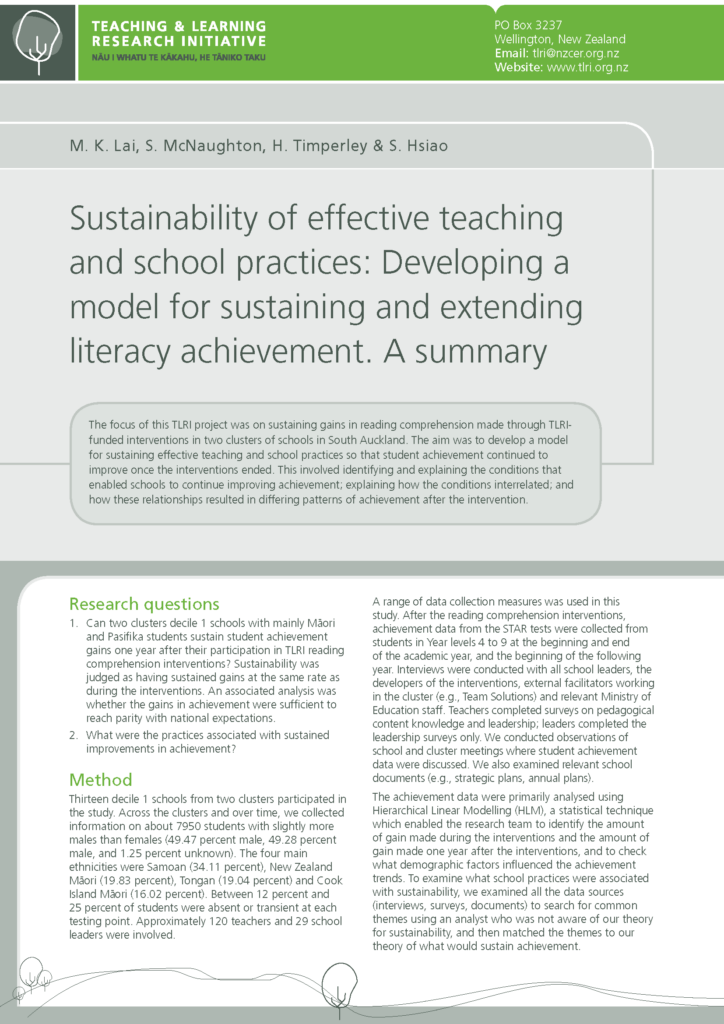
The focus of this TLRI project was on sustaining gains in reading comprehension made through TLRIfunded interventions in two clusters of schools in South Auckland. The aim was to develop a model for sustaining effective teaching and school practices so that student achievement continued to improve once the interventions ended. This involved identifying and explaining […]
Teachers Learning Mathematics: Professional development research
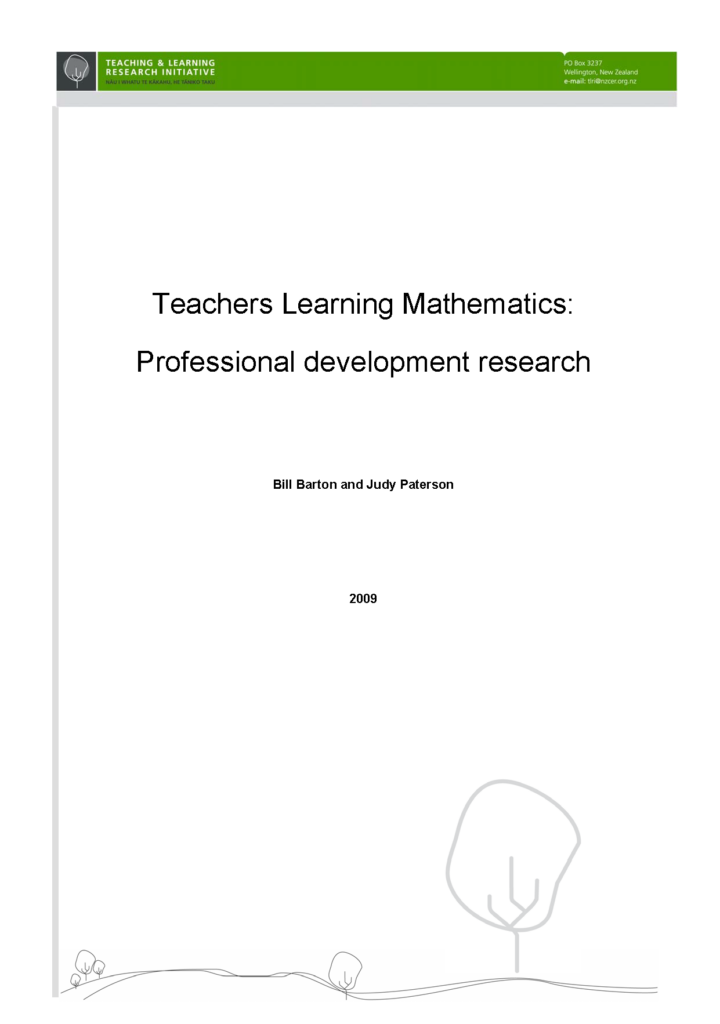
Introduction The issue of mathematical knowledge of teachers has been documented in New Zealand for 80 years, but no effective long-term solution has been found; indeed, the situation has worsened. For example, the 2004 New Zealand Ministry of Education Teacher Census (Ministry of Education, 2005) showed that 25 percent of secondary school mathematics teachers had […]
Mathematics: She’ll be write!
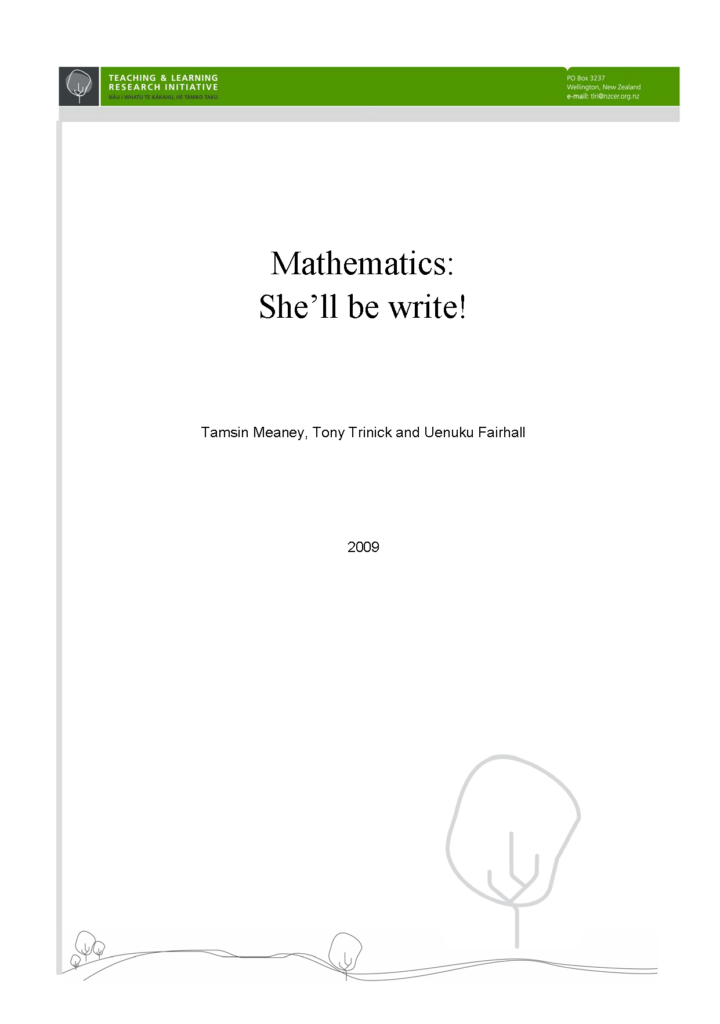
1. Introduction – Mathematics: She’ll be write! How students learn to speak, read, and write science and mathematics, and what is taking place in the classroom, laboratory, or informal learning context are critical areas for research. (Lerman, 2007, p. 756) The focus of this Teaching and Learning Research Initiative (TLRI) project was to discover effective […]
Move, Act, Play, Sing (MAPS): Exploring early childhood arts teaching and learning strategies and concepts through community arts interventions
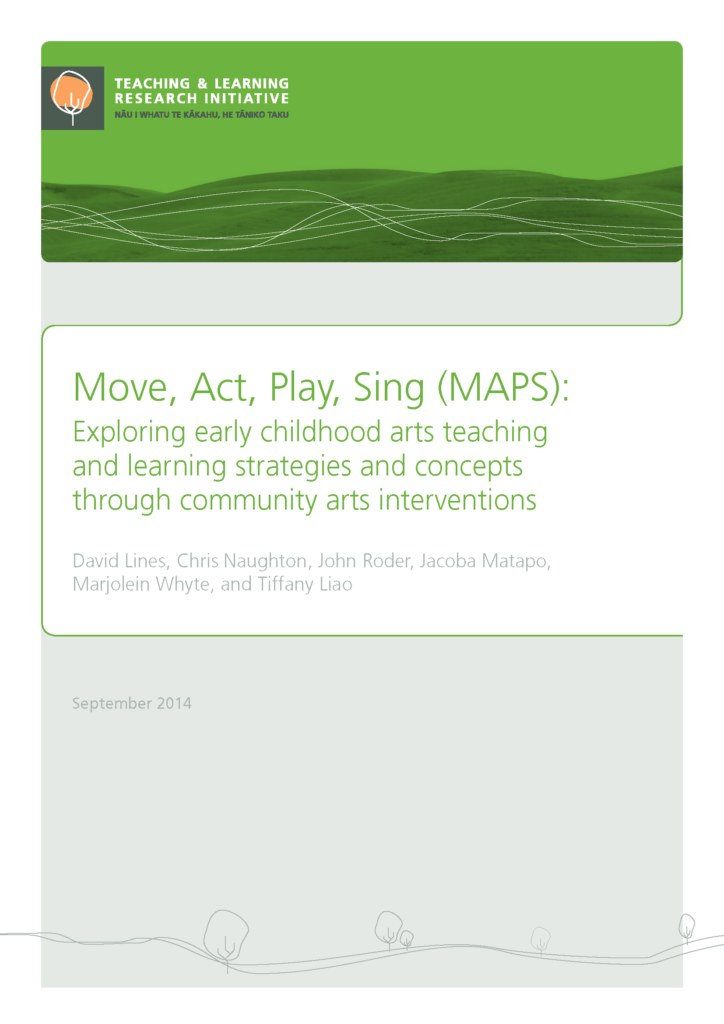
Introduction Move, Act, Play, Sing (MAPS) explored early childhood teaching and learning in the performing arts through community artist interventions and relational practices and pedagogies. The research developed three early childhood centre case studies where teachers, children, and parents worked together with community artists, the research team, and other colleagues to explore emergent pathways of […]
Extending innovative e-learning leadership
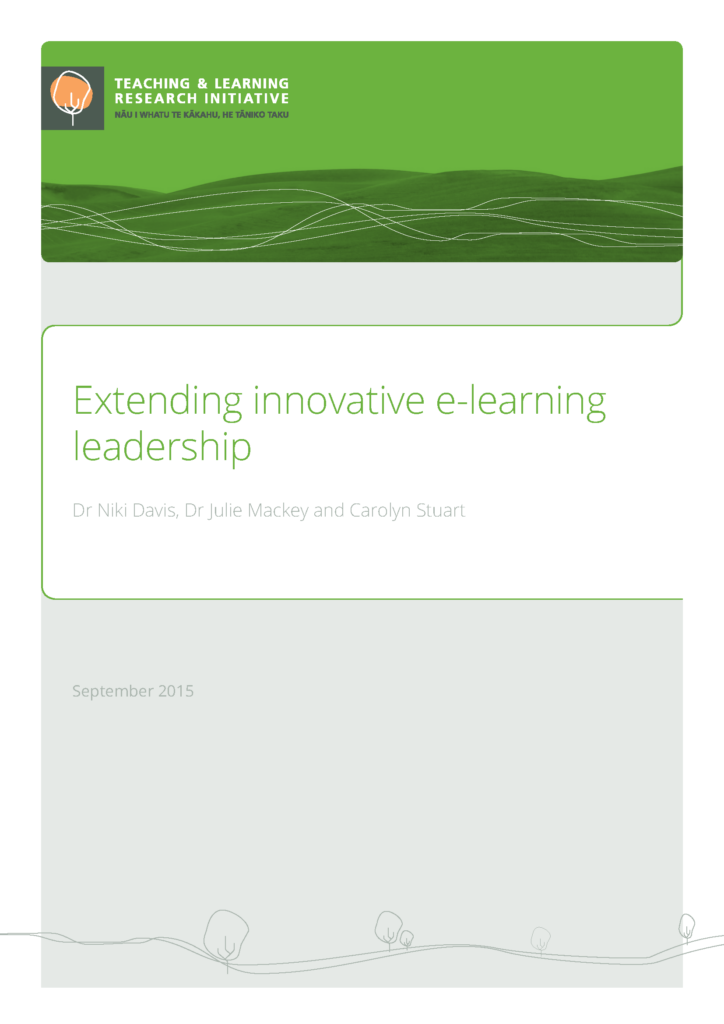
Introduction / research aims / rationale This project grew out of the desire to understand and share the strategies that successful school leaders use to identify, implement and integrate digital technologies in school settings. What may come naturally to some leaders presents significant challenges for others; the catalyst for this project was the opportunity to […]
Investigating the Impact of Non-Routine Problem Solving on Creativity, Engagement and Intuition of STEM Tertiary Students
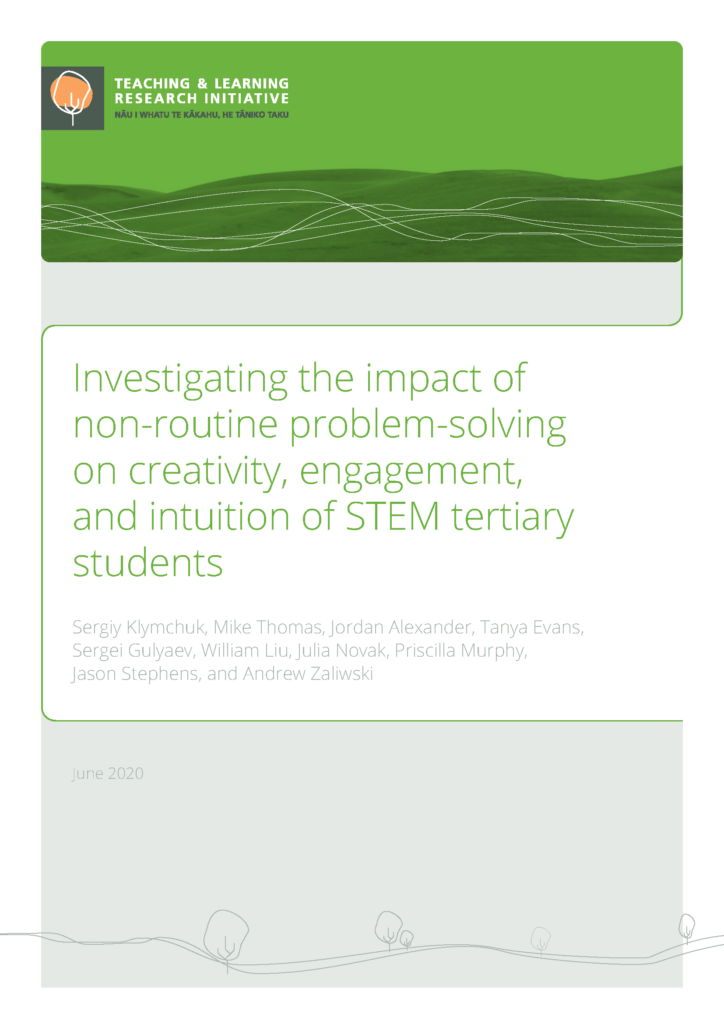
1. Introduction In 2012 the New Zealand Government identified as a priority the need to address the undersupply of students studying STEM subjects for delivering its Business Growth Agenda.[1] Low engagement and retention rates in STEM subjects contribute to the shortage of STEM graduates, producing a negative impact on the New Zealand economy. A significant […]
Generating positive outcomes by Year 5 to 8 priority learners in writing: An inquiry into effective teacher practice
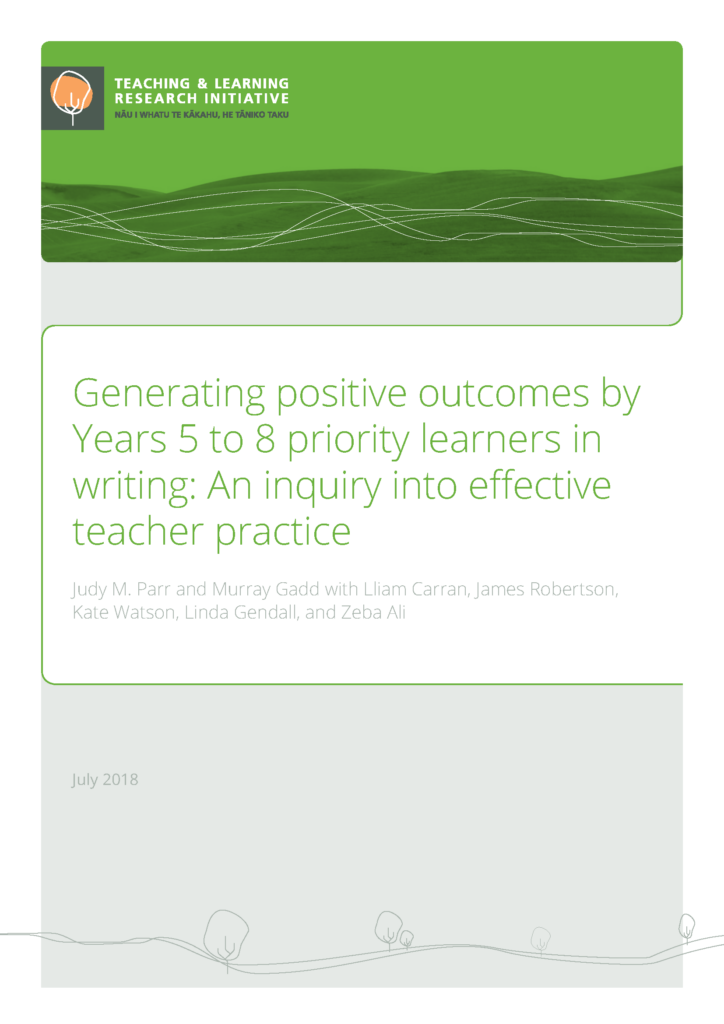
1. Writing: The issue to be addressed Writing is a demanding, multidimensional process that is, cognitively and socially, highly complex. Success in writing is vital to success in education and in the workforce (Graham, Capizzi, Harris, Hebert, & Morphy, 2014). Writing is increasingly used to demonstrate learning through schooling and has the potential to contribute […]
Strengthening belonging and identity of refugee and immigrant children through early childhood education
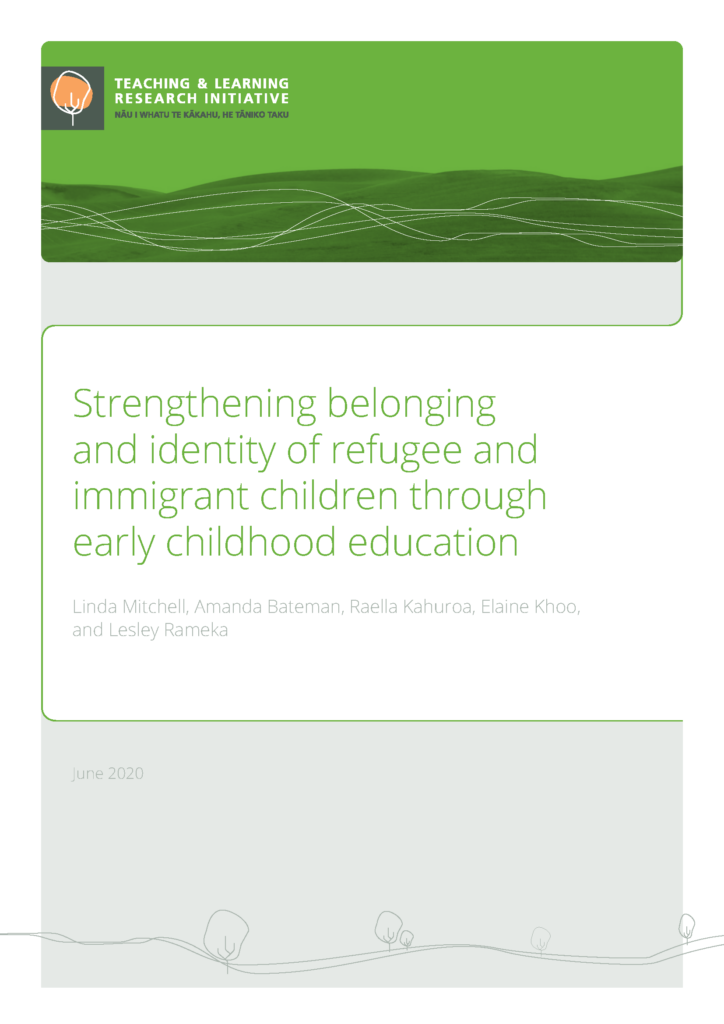
Introduction This project explored the role of early childhood education (ECE) and pedagogical strategies in supporting a sense of belonging and identity for refugee and immigrant children and families in Aotearoa New Zealand. We used a design-based research methodology in four culturally diverse ECE settings to develop and trial theories and strategies about how ECE […]
Māku anō e hanga, i toku nei whare – I will build my own house
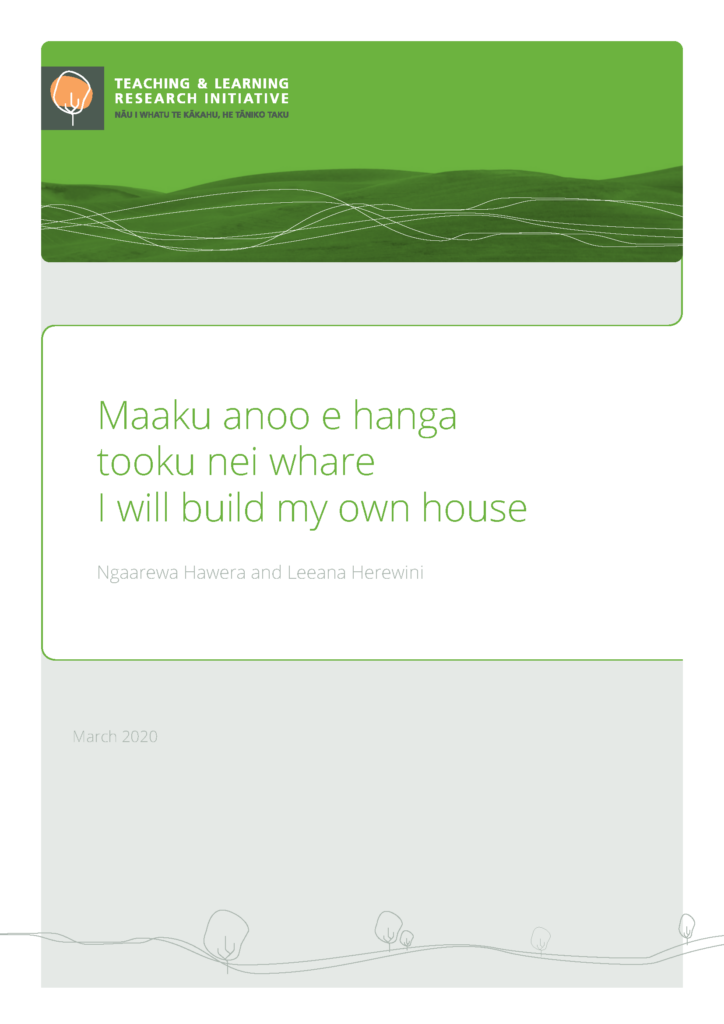
INTRODUCTION: The context of the project The proponents of Modern Learning Environments (MLE) or Innovative Learning Environments (ILE) are from largely non-indigenous backgrounds. In Aotearoa New Zealand, research about learning mathematics in an MLE is limited and focuses almost exclusively on English-Medium (EM) settings (Bisset, 2014; Murphy, 2016; Osborne, 2013). In contrast, this research sought […]
Pathways to the Past: Effective Pedagogies for Māori and Pasifika Students in the Historical Disciplines
Summary Current research into, and definitions of, historical literacy do not adequately acknowledge the cultural backgrounds of indigenous learners across the historical disciplines and levels. Nor do they recognise the vital role of historical literacy in empowering indigenous students. In talanoa (conversations) with Māori and Pasifika students and teachers of a range of ethnicities from […]
Numeracy Practices and Change
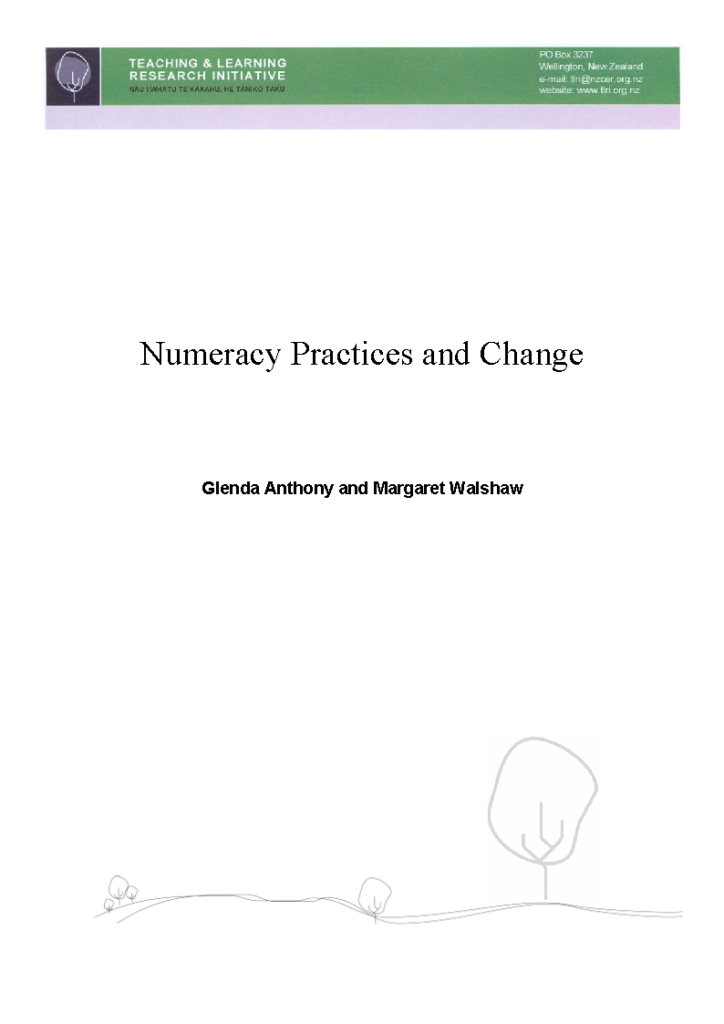
1. Aims, objectives, and research questions Overview of project Late in 2003 the Teaching and Learning Research Initiative granted funding to Massey University’s Department of Technology, Science, and Mathematics for a two-year study of numeracy practices in New Zealand schools. Central issues to be addressed were those of equity, proficiency, and sustainable practice in relation […]
Data, knowledge, action: Exploring sustained shared thinking to deepen young children’s learning

Introduction and Background This TLRI project is part of a larger programme of research referred to as the Data, Knowledge, Action project. The Data, Knowledge, Action programme of research focuses on the development and use of innovative and authentic data systems to help early childhood teachers in Aotearoa New Zealand examine young children’s curriculum experiences […]
